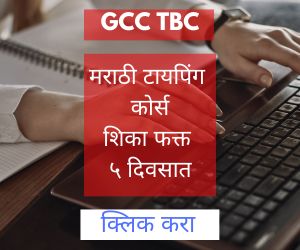In this article, we discuss drawbacks of regulating act 1773 for various competitive exams such as UPSC, SSC, etc…
The Governor General of Bengal was responsible for the administration of the whole of India.
But the powers of the Governor General of Bengal were limited.
Because to pass any act, he had to take the consent of the executive council.
This meant that the council used to take decision, but it was the accountability of the governor general.
The Governor General of Bengal and the Governor General of Madras were made Subordinates of Bengal.
There were no clear guidelines on which subjects he would have to depend on the Governor General and on which subjects he would not.
This was having a very bad effect on the local administration.
The Regulating Act envisaged that the Supreme Court and the Governor General and the Council would work together. But these two didn't work together.
The Governor General and Council used to pass an act but the Supreme Court refused to register it.
The Act of Settlement 1781 and Pitt's India Act 1784 were enacted to remove the shortcomings of the Regulating Act of 1773.
The British Government formed a committee to solve this problem, which was named Touchet Committee.
The clear goal of the Act of Settlement 1781 was to clearly define the powers of the Governor General and the Supreme Court.
They decide that the Supreme Court will have no hand in any matter related to revenue. All these matters will be handled by the Governor General and his council.
This act made the Governor General and the Council superior to the Supreme Court.
If you like this article about Drawbacks of Regulating Act 1773, Consider sharing this article with friends.








